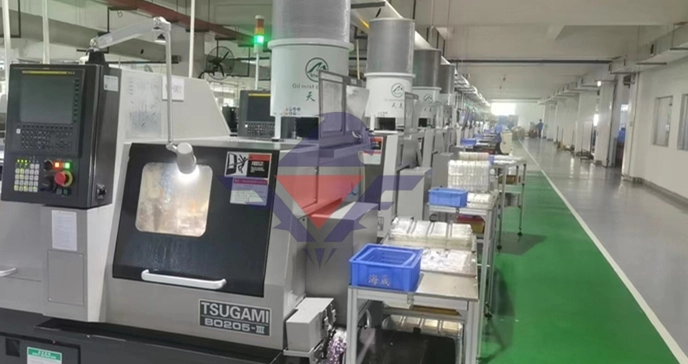
# Swiss Machine Shop: Precision Engineering for Complex Components
The Art of Swiss Machining
Swiss machine shops represent the pinnacle of precision manufacturing, specializing in the production of complex, high-tolerance components. These facilities utilize advanced Swiss-type lathes that combine turning and milling capabilities to create intricate parts with exceptional accuracy.
Why Choose a Swiss Machine Shop?
Modern Swiss machining offers several distinct advantages for manufacturers:
- Superior precision with tolerances as tight as ±0.0001 inches
- Ability to machine long, slender parts without deflection
- Simultaneous multi-axis operations for complex geometries
- Excellent surface finishes right off the machine
- Reduced secondary operations through complete part processing
Keyword: Swiss Machine Shop
Applications Across Industries
Swiss machining serves critical needs in various sectors:
Medical Device Manufacturing
The medical industry relies on Swiss shops for surgical instruments, implants, and diagnostic equipment components that demand absolute precision and biocompatible materials.
Aerospace Components
From turbine blades to fuel system parts, aerospace applications benefit from the Swiss process’s ability to maintain tight tolerances in high-performance materials.
Electronics and Microtechnology
Connectors, sensors, and miniature components for electronics manufacturing often require the capabilities only Swiss machining can provide.
The Swiss Machining Process
Unlike conventional lathes, Swiss-type machines feature a sliding headstock and guide bushing that supports the workpiece close to the cutting tool. This unique configuration enables:
- Exceptional stability during machining
- Reduced vibration for better surface finishes
- Capability to machine delicate materials
- Continuous production of precision parts
Choosing the Right Swiss Machine Shop
When selecting a Swiss machining partner, consider these factors:
- Experience with your specific industry requirements
- Range of materials they can machine effectively
- Quality certifications and inspection capabilities
- Capacity for prototyping versus production runs
- Technical expertise in programming complex parts
Leading Swiss machine shops invest in the latest CNC technology, maintain rigorous quality control standards, and employ skilled machinists who understand the nuances of precision component manufacturing.